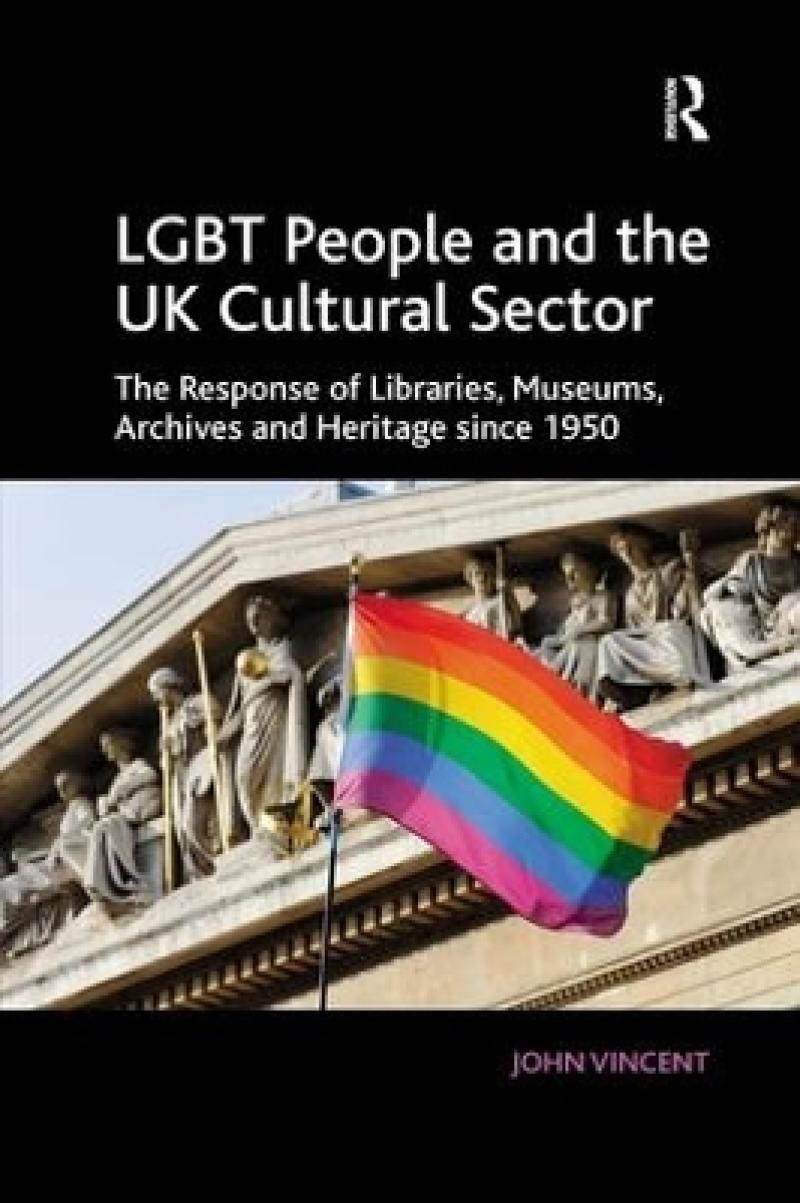<p>’We’ve made huge progress in LGBT rights and equality in recent years in Britain, and this fascinating study looks at how that has affected, and been affected by, the cultural, museum and library sectors. It charts a way for the future, too. It’s an excellent and timely book.’— Rt Hon Lord Chris Smith of Finsbury, Former Secretary of State for Culture, Media and Sport, UK </p><p>'John Vincent has provided a robust, clear and vital history of the cultural sector and queer engagement since 1950. For us, libraries, museums and archives have been a refuge, and they continue to offer safe spaces to explore same-sex feelings, to quietly prepare a queer self that can become a public self. Needing the right kind of information has been key to queer well-being. This book furnishes the reader with an information history, and also speaks to cultural industry professionals who want to improve their communication with socially excluded groups and minorities. Inequality still exists, and the cultural and heritage sector still has a key role to play in tackling it. Vincent shows how.’— Sally R. Munt, University of Sussex, UK </p><p>'John Vincent’s lucidly written account of LBGTQ histories in the UK cultural sector since the 1950s is a joyful read of successful resistance to prejudice, marking important battles won and those we must fight to progress human rights. Vincent’s scope is both broad and finely detailed. He seems to hold our hand and guide us through theoretical terrain with a rich range of shifting registers from personal deeply moving voices to governmental perspectives. I recommend this book to students of libraries, archives and museum studies as well as practitioners in the field.’— Viv Golding, University of Leicester, UK </p><p>'An excellent and thought provoking history of our profession and the LGBT community in Britain'— School Librarian</p>
